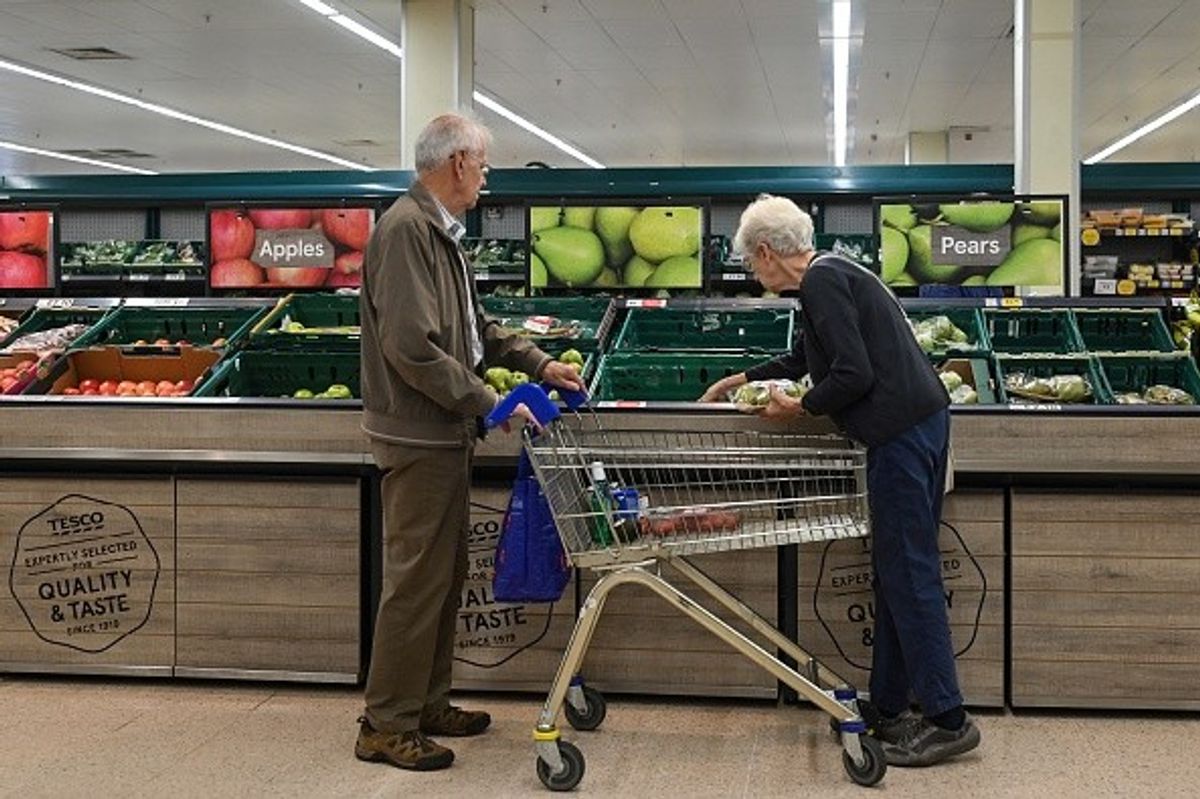In a significant escalation in backlash to plans announced by Chancellor Rachel Reeves, farmers are threatening to target ports and disrupt supermarket supply chains to protest against Labour tax rises, states a recent report, claiming that there are plans to withhold produce and livestock in a bid to trigger food shortages,
The Chancellor placed a 20 per cent inheritance tax on farmers’ assets worth more than £1 million in her first Budget. Previously, tax breaks designed to allow family farms to pass down the generations were exempt from the divisive 40 per cent duty.
According to The Telegraph, some farmers are now openly discussing plans to take a more radical course of action. The discussions are understood to be taking place among farmers who have previously organised tractor “go-slows” on roads as well as protests in February which saw 5,000 farmers gather at the Senedd to voice dissent over environmental targets.
“They will block every port in the UK if they have to,” the report quoted an insider. “[This] could be a possibility to slow down the supply in the supermarket. The Government and supermarkets need to realise the control we have as farmers. The good thing with that is you have farmers everywhere so you can cover all the ports.”
Tom Bradshaw, president of the National Farmers Union (NFU), said that his members felt “betrayed” by Labour government.
“I had a meeting with farmers this week and they are absolutely irate,” he said. “If they hadn’t said they weren’t going to do it, there would still be dismay but not the sense of betrayal. Anyone living longer than five years is thinking, will a future government do something different? The leader of the opposition has said they will overturn it.”
The NFU has organised a lobbying event later this month in Parliament where members will hold meetings with their MPs – but the union declined to back a mass demonstration in the capital on the same day, telling its members that unless they have registered for the parliamentary event they should stay away.
There are also reports of plans for a co-ordinated “sewage strike” in a move that risks causing chaos for water-treatment companies and creating a mountain of waste.
Clive Bailye, the founder of the Farming Forum, the UK’s biggest agricultural online forum, said that some farmers were looking at other actions, “from not taking sewage sludge to not letting food leave the farm or sending livestock to market”.
“I can see produce being withheld.”
He said that although they were “very worried about going to prison” he felt his position as founder of the Farming Forum put him in a strong position to help, adding: “We know we need to do something but we are not sure what it will look like yet. But I’ve got thousands of messages from farmers asking me how, when, where.”
A government spokesman said, “With public services crumbling, a £22 billion fiscal hole inherited from the previous government and 40 per cent of Agricultural Property Relief going to the 7 per cent of the wealthiest claimants, we made a difficult decision to ensure the relief is fiscally sustainable.
“Around 500 claims each year will be impacted and farm-owning couples can pass on up to £3 million without paying any inheritance tax – this is a fair and balanced approach.”


